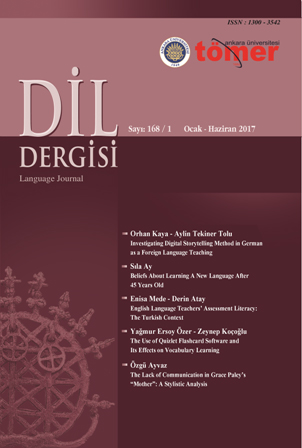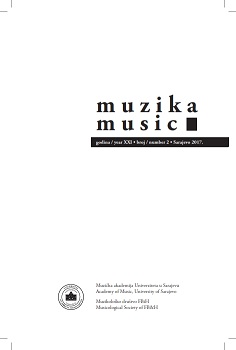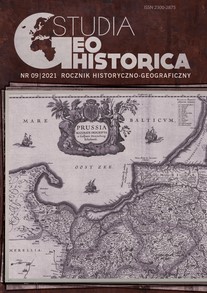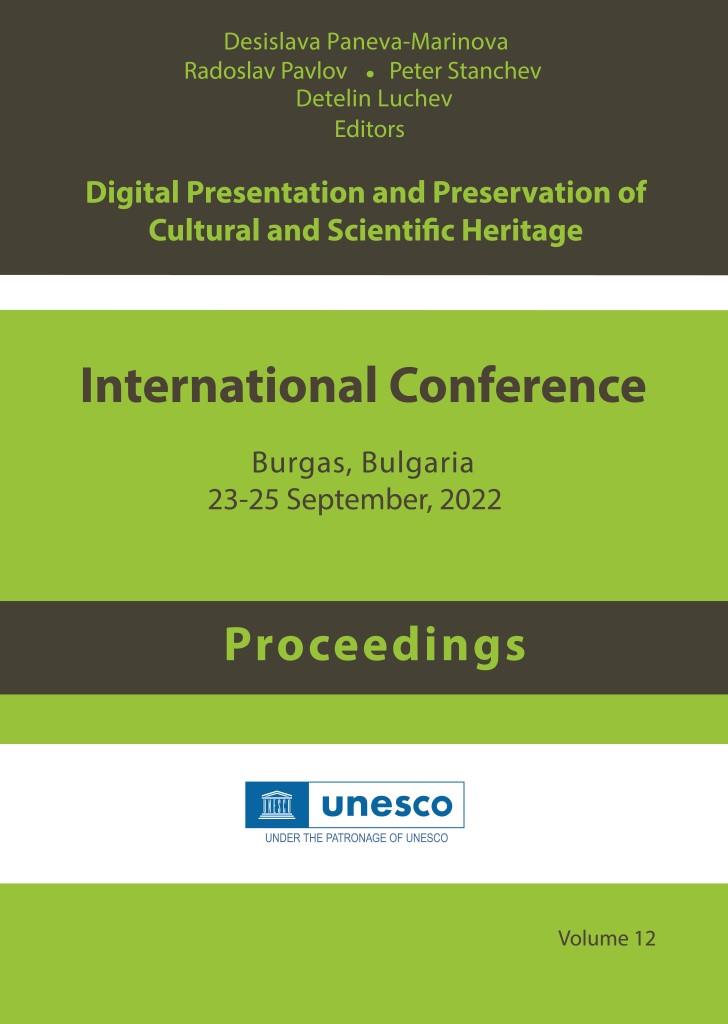
Investigating Digital Storytelling Method in German as a Foreign Language Teaching
It is obvious that current students are interested in digital technology. As a result, it is inevitable not to make use of instructional technologies. Web 2.0 tools, one of which is digital storytelling tool, hold an important place in education. One can create his/her own story and narrate it digitally. Thus, digital storytelling is considered a recent student-centered learning method. There seems to be a scarcity of research both in Turkey and the world on German language education and digital technology. This case study investigated the digital storytelling method in an Anatolian High School in southeast part of Turkey. With 97 student participants, this study results revealed that digital storytelling method increased student motivation and enhanced language and computer skills. This study showed that digital storytelling method can easily be applied in Turkish context and it promotes foreign language education. Based on the study results, pedagogical implications and suggestions were provided for teachers, teacher trainers, and researchers.
More...


